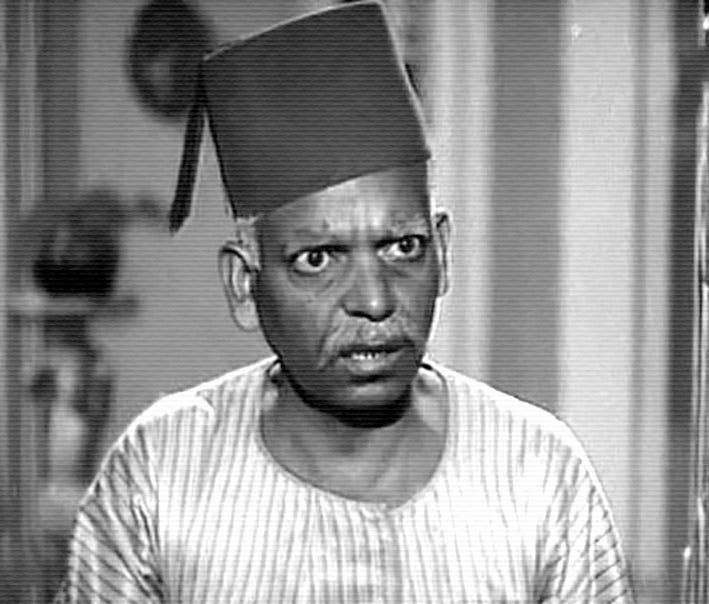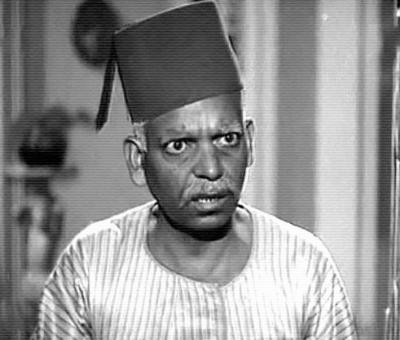It seems that the ongoing crisis between Egyptian actress Yasmin Sabri and her father, Ashraf Sabri, will not come to an end and will witness new developments in the coming period. Amidst the father's attacks on her and his accusations of lying and deception, in a post he later deleted without explaining the reasons for his outburst and subsequent retraction, he mentioned something that appears to be new to followers. While reprimanding his daughter and accusing her of lying and acting, he stated that she mastered acting from her maternal grandfather, Said Suleiman, a name that not many followers recognized, especially since Yasmin Sabri has never mentioned or talked about him before. Additionally, her father did not wait long and deleted the post promptly.
Said Suleiman, mentioned by Yasmin Sabri's father, is an Egyptian artist from Nubia, born in 1901, and passed away more than 40 years ago. He moved to Cairo and presented the art of monologue. Yasmin Sabri has not mentioned him in any television interview before, although last year she spoke about the passing of her maternal grandmother, whom she regarded as her second mother, describing her with sad words and stating that her name was "Karima Said Suleiman." This confirms the narrative brought up by her father that Yasmin Sabri's maternal grandfather was the Nubian artist Said Suleiman, who worked in silent cinema and several theater troupes, including the troupe of Nagib Al-Rihani.
Said Suleiman was a key reason for the emergence of what is known as censorship on artistic works. In 1952, he wrote an article for the Egyptian magazine "Al-Kawakib" titled "The Monologue That Created Censorship," where he referred to presenting a monologue in 1927 on the stage of "Rod El-Farag." The monologue he presented was titled "El-Sheikh El-Ayiq," where he wore costumes related to the monologue addressing the phenomenon of harassment. However, the words of the monologue caused anger among Al-Azhar officials. At that time, many articles appeared attacking the monologue, and indeed, many complaints were made to the Ministry of Interior, which eventually sent him a warning, demanding that he not present any monologues without having their words approved by the censors, leading to the establishment of the concept of censorship on artistic works in Egypt.
Said Suleiman's cinematic career began in 1928 when he participated in the film "Why is the Sea Laughing?" Throughout his career, he worked on nearly 40 artistic projects and was often assigned the role of a "waiter" in several films, passing away in 1981.




